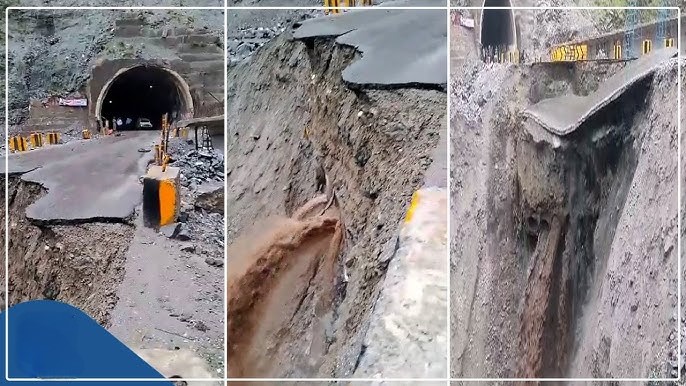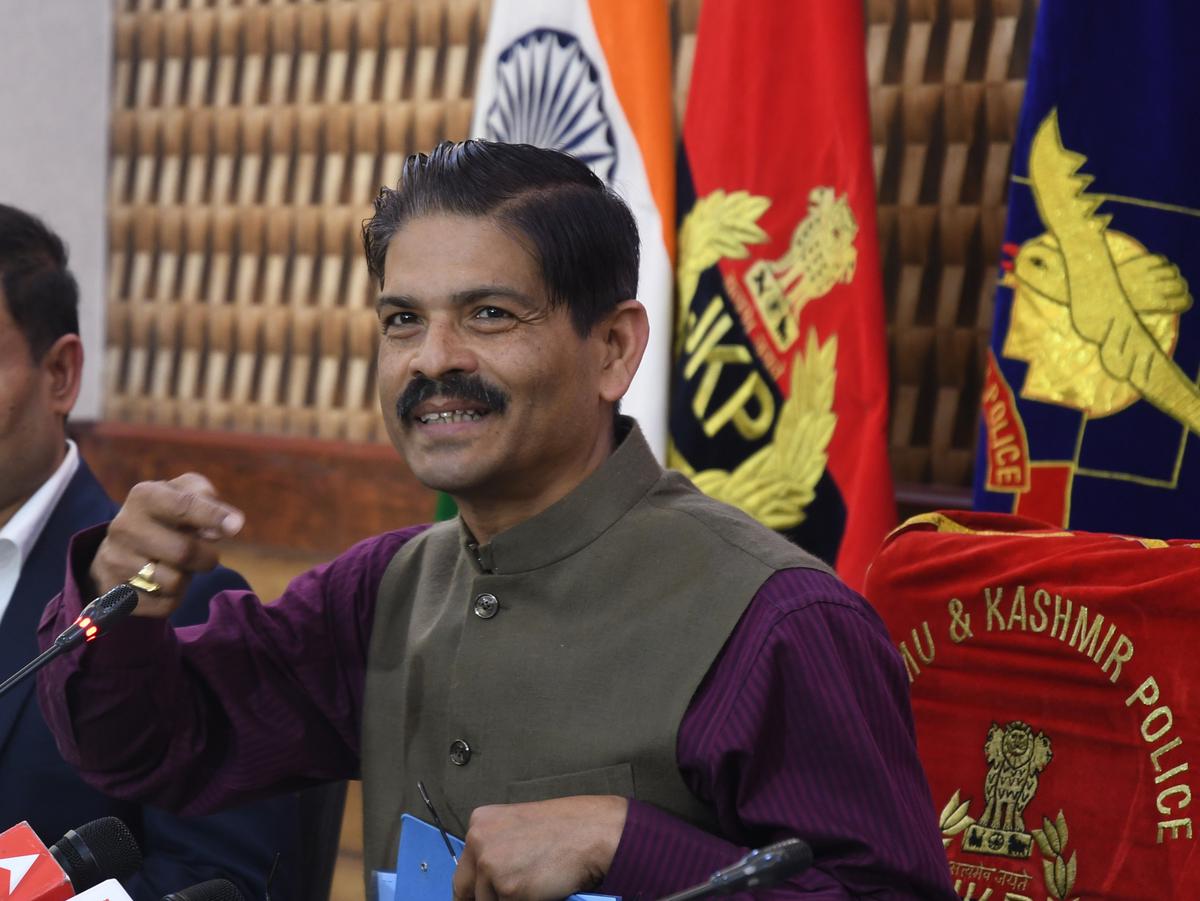The NC-Congress alliance enjoys a comfortable majority of 54 in the 90-member house and 53-year-old Omar has been unanimously named the CM pick
National Conference vice-president Omar Abdullah, likely to be sworn in as Jammu and Kahmir chief minister (CM) for the second time on Wednesday or Thursday, is already looking at some major challenges, such as maintaining regional balances and the power limitations.
The NC-Congress alliance enjoys a comfortable majority of 54 in the 90-member house and 53-year-old Omar has been unanimously named the CM pick.
The lieutenant governor has the power to nominate five more members, on top of the 90, to the assembly, but he has not done it so far. Omar met L-G Manoj Sinha on Friday and staked claim to form the government.
Omar previously served J&K CM from 2009 to 2014, in an NC-Congress alliance government. At the time, J&K was a full state, and the CM enjoyed a wider array of powers. His term was preceded by the President’s rule.
Although Omar enjoys a bigger mandate this time, his powers as chief minister of a Union Territory will be limited.
“This is a big honour the people have given to the NC and Omar Abdullah. He has started working on how to run the new government already. Compared to his previous tenure, the challenges are bigger,” said a senior NC leader close to Omar.
“The sketch for the new government has been drafted after consultation with party leadership,” the leader added.
Contrasts of Hindu-dominated Jammu, Muslim-majority Kashmir
The biggest challenge the CM-elect faces is to maintain balance between the Muslim-majority Kashmir and Hindu-dominated Jammu. The fact that Bharatiya Janata Party’s (BJP) all 29 seats in the election came from the Jammu region adds to the intricacies.
The NC-Cong alliance will be walking on eggshells, making sure to ensure that that Jammu region has enough representation. The BJP is likely to target any imbalance that may arise.
Omar already took a big stride forward in this direction, securing the support of the four Independents from the Jammu region.
Sources within the party say that with the aid of Independents from Jammu region, the council of minister is likely to have three members from the Hindu-majority region of the UT.
The council of ministers can have a maximum of nine members, including the CM.
Voters’ watchful eyes on statehood
The people of the region will be keeping a watchful eye on the coalition government’s efforts towards restoration of J&K’s statehood, which was among the major poll planks ahead of the assembly elections.
Omar has already announced that a resolution for statehood will be passed in the first House session. “The first business of the cabinet should be to pass a resolution seeking statehood to be restored. The CM should travel to New Delhi with that resolution and call on the nation’s senior leadership to fulfil their promise,” Omar said.
The Prime Minister and Union home minister had promised the people of statehood. Nowhere did they say that the statehood will be restored by a BJP government,” the CM-elect added.
Unemployment, interference from ‘outsiders’, smart meters and rising costs of electricity are among the other major issues that the new government will have to deal with.
In its poll manifesto, the NC promised 200 units of free power, fulfilling which could further bleed the cash-starved UT’s coffers.
Omar will also be treading a thin line while working to maintain a cordial relationship with the Raj Bhawan, a field he is not said to have much experience in. The CM-elect will have to deal with the Raj Bhawan closely, especially in matters that involve funding from the Centre.
The UT status for J&K means that the local police will be under the direct control of the Union home ministry, presenting the government with a precarious situation in dealing with the law-and-order situation. Javid Rahi, a prominent author, researcher and tribal social worker said that the first year will be extremely challenging for the new CM.
“Once the government starts working, the first job is to provide relief to the people. They should feel it’s their own government. The second challenge is to maintain balance between religions, communities and regions. Shifting of the darbar move, empowerment of legislators and holding of public darbars will help build a good narrative,” Rahi added.
Follow us on whatapp
Get real-time news delivered straight to your WhatsApp! Join our channel for Breaking News , In-depth Analysis , and a curated feed of the most important stories from Kashmir and the world.



